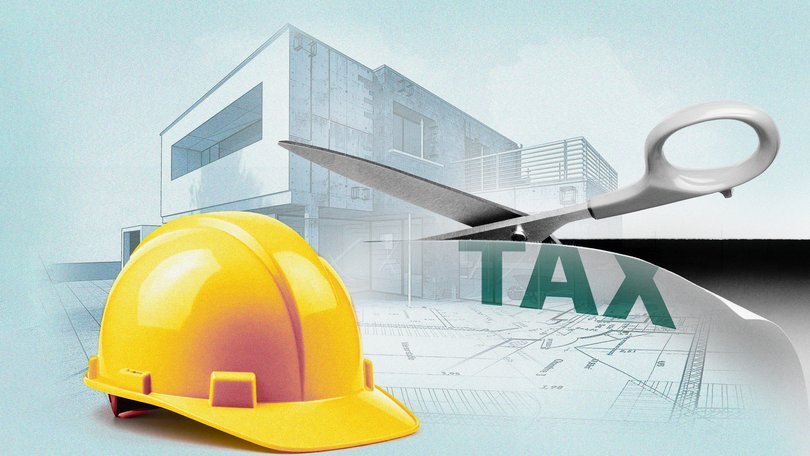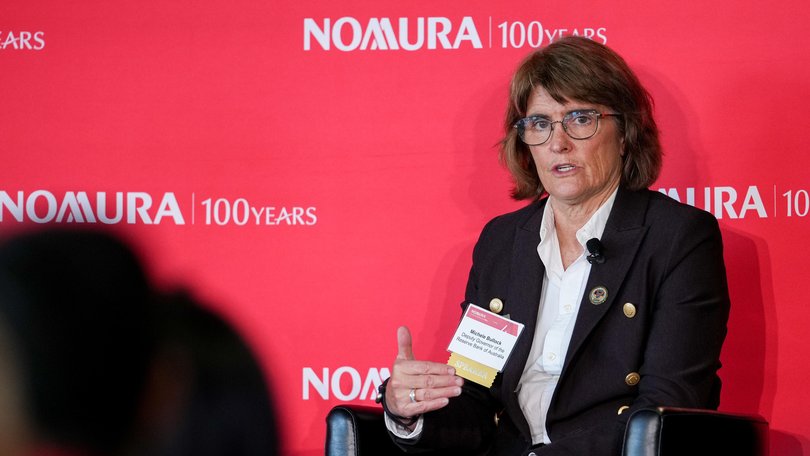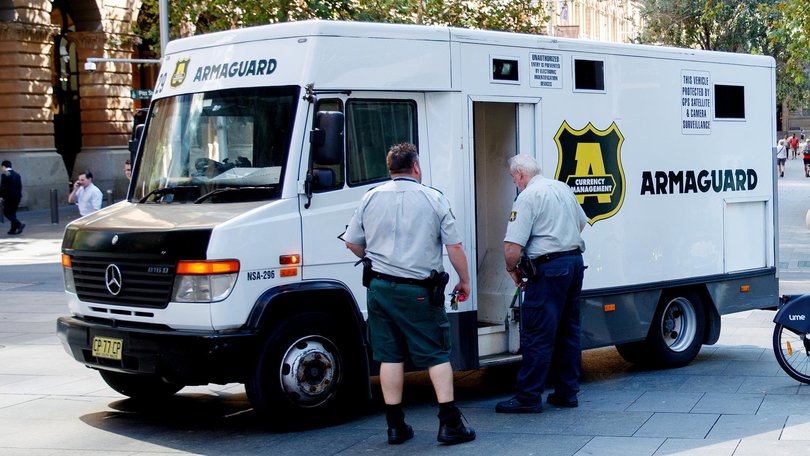Less stamp duty for baby boomers and more young tradies could ease housing affordability crisis, RBA boss says
Cutting stamp duty for baby boomers and encouraging high school kids to learn a trade could ease the housing crisis, says Michele Bullock.

The head of the Reserve Bank says cutting stamp duty for baby boomers and encouraging younger Australians to pick up the tools could be key to easing the nation’s housing crisis.RBA chief Michele Bullock suggested that Year 12 students consider taking up a trade to help solve the housing affordability crisis, which is deteriorating as average Sydney house prices head towards $2 million.
Ms Bullock said construction industry representatives told the Reserve Bank that a lack of skilled workers is making it hard to build homes amid competition from state-funded transport projects.
“There is a shortage of skills in the housing industry and some of that is contention for resources with all the other infrastructure projects that are going on,” she said in Sydney on Friday.
Sign up to The Nightly's newsletters.
Get the first look at the digital newspaper, curated daily stories and breaking headlines delivered to your inbox.
By continuing you agree to our Terms and Privacy Policy.“We do need to find a way to encourage either people to come in with these skills or people who might be thinking of coming out of year 12 — why don’t you do a trade? These are the sorts of things we need to encourage. We need tradies who’ve got the skills in order to build these things.”
Boomer living
The central bank chief blamed state stamp duties for preventing older baby boomers from downsizing, which would increase the availability of larger homes.
“There’s many older people whose families have left home who are still in their large homes and they’re not downsizing,” she said. “Stamp duty is a tax on mobility. It’s not only a barrier to downsizing, it’s a barrier to people moving to find jobs.”
Australia’s average household size declined to 2.5 during COVID, leading Ms Bullock to observe that fewer Australians share houses.
“We’ve seen a long-term decline in the average household size. As the average household size declines, then the given housing stock, there’s less of it,” she said.
The comments came a day after real estate group Domain noted house prices in Australia’s capital cities were rising at the fastest pace in four years as a result of RBA rate cuts, low supply levels and strong auctions.
Sydney’s median house price jumped 6.3 per cent in the year to September 30, hitting $1.75 million, and is forecast to surpass $2 million by 2027.
Perth’s mid-point house price was only $19,000 below $1 million, after a 10 per cent annual increase. Melbourne and Adelaide are above that level. Brisbane and Canberra were even higher at $1.1 million.
A separate Cotality report out this week showed just 15 per cent of Sydney suburbs have a median house price under $1 million and one third of suburbs have an average price of more than $1 million for houses and units.
Houses in Australia’s major capital cities are beyond the reach of an average, full-time worker earning $104,520, which means only working couples have a chance to get into the detached housing market.
Rates cut
The Reserve Bank this year cut interest rates in February, May and August, taking the cash rate back to 3.6 per cent for the first time since May 2023.
While a lower cash rate means banks can lend more and push up prices, Ms Bullock expressed confidence rate cuts would encourage building.
“As interest rates come down, hopefully, you’ll see people be able to afford to build more houses and hopefully we’ve got the skills to build them,” she said.

The futures market sees a Melbourne Cup day rate on November 4 as a 74 per cent chance. Unemployment in September hit a four-year high of 4.5 per cent, which is likely to fuel the hot real estate market.
Cyber hacks
Unaffordable housing wasn’t the only dystopian topic in Ms Bullock’s speech. She warned of a future where more sophisticated cyber hackers could steal money from online bank accounts.
With cash making up just 10 per cent of transactions, she warned of an increasingly digital future where more sophisticated criminals could use quantum computing to crack highly secure online accounts.
“Certainly, it’s something I worry about. If you believe what they say on the tin of quantum computing, what takes 200 years to decrypt now, to break, will take a matter of minutes. So, it is a big threat. It’s scary,” she said.
“At the moment, we trust our financial institutions to keep our data safe and they do that through encryption. It is a worry that we need to make sure that we keep up with that quantum computing situation because otherwise, it’s not safe.”

Armaguard, a cash distribution company owned by billionaire Lindsay Fox, relies on subsidies from Australia’s big four banks and supermarket chains to operate despite having 90 per cent of the banknote delivery business.
Ms Bullock’s Bradfield Oration at the Sydney Opera House was delivered hours after the Australian Competition and Consumer Commission announced it would allow the Australian Banking Association and retailers to work together to ensure cash could still be delivered across Australia beyond 2026 if Armaguard became unviable.
“The decline in the use of cash for transactions has put the cash distribution system under pressure,” she said. “We are participating in discussions with the major banks, the broader industry and Government about how to evolve the operating model to support the future viability of cash.”
Most consumers face hefty surcharges when they pay with a card, with the RBA seeking to outlaw merchants charging customers for costs unrelated to the transaction.
“Cash is now, we think, about 10 per cent of transactions. Most people don’t carry cash,” Ms Bullock said.
“If you can’t avoid the surcharge, wouldn’t it be better folded into the total price? What we’re observing now is that typically small businesses, who face high payment costs, are passing them on and they’re just passing them on in one flat fee.”

